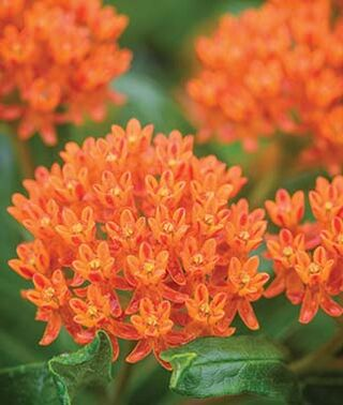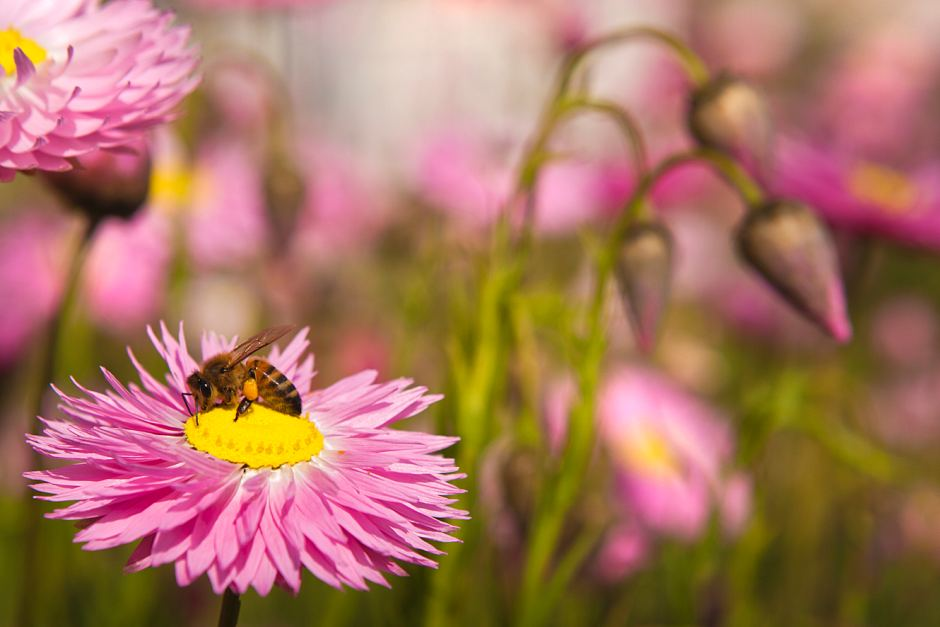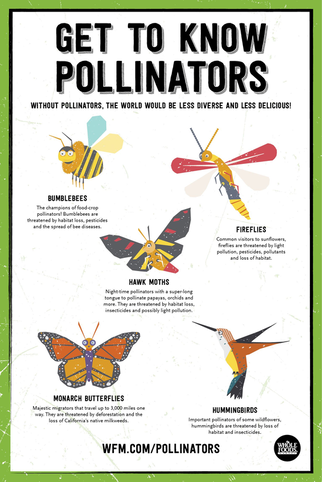
Here are a couple of tips when planting butterfly weed in your garden.
- Don’t plant in areas where water is likely to pool
- Start either from potted plants or seeds.
- Plant this flower in its permanent location because its long taproot is not easily dug up.
- If you can, plant butterfly weed six weeks prior to winter because it will perform significantly better.
- Be mindful that this plant is considered poisonous. Be sure small children and animals do not touch or eat the plants as these toxins can harm mammals.
- New butterfly weed plants may benefit from a weekly watering until the taproot is well established. After that only water if there is an ongoing drought.
As you all know, at Green Bridge Growers we pride ourselves on being organic. We encourage, support, and motivate more gardeners to transform their gardens, if not already there, to be organic. This connects to butterfly weeds because they are rather impactful for the organic home gardens. Create a garden filled with butterflies by planting butterfly weed in your garden and help the movement to save monarchs.
--Lala Petty


 RSS Feed
RSS Feed
